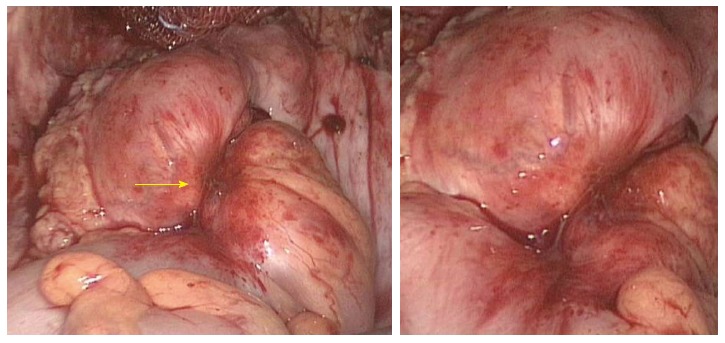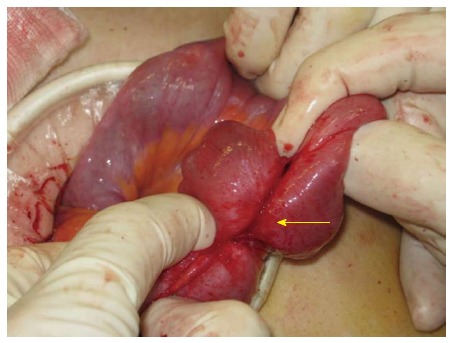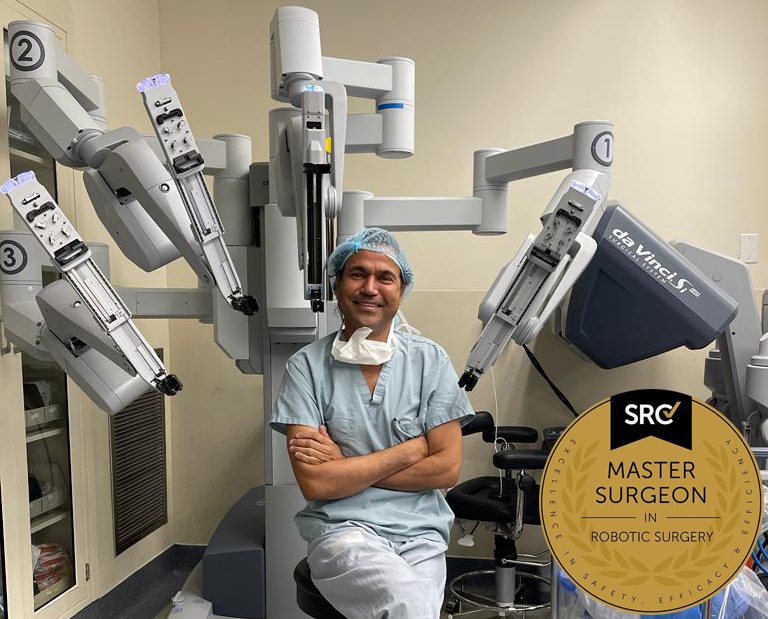Deep Infiltrating Bowel Endometriosis Symptoms
Deep infiltrating bowel endometriosis can cause symptoms such as severe pelvic pain, gastrointestinal disturbances, and potential infertility.
Deep infiltrating bowel endometriosis is a severe form of endometriosis that involves the infiltration of endometrial tissue into the bowel. This condition can cause various symptoms, which can vary from person to person. Some common symptoms of deep infiltrating bowel endometriosis include:
Pelvic pain: This is the most common symptom of deep infiltrating endometriosis, and it can be severe and debilitating. The pain is usually localized in the lower abdomen and pelvis and may be constant or cyclical, occurring before or during menstruation.
Gastrointestinal symptoms: The infiltration of endometrial tissue into the bowel can lead to gastrointestinal symptoms such as bloating, constipation, diarrhea, nausea, and rectal pain. Some individuals may also experience blood in their stool or rectal bleeding.
Painful bowel movements: Endometriosis affecting the bowel can cause pain and discomfort during bowel movements. This pain may be sharp, cramp-like, or stabbing in nature.
Urinary symptoms: In some cases, deep infiltrating bowel endometriosis can cause urinary symptoms such as frequent urination, urgency, and pain or discomfort during urination.
Infertility: Deep infiltrating endometriosis, including involvement of the bowel, can affect fertility. The adhesions and scar tissue caused by endometriosis can interfere with the normal functioning of the reproductive organs, making it more difficult to conceive.
It’s important to note that these symptoms can also be associated with other conditions, so it’s crucial to consult with a healthcare professional for an accurate diagnosis.

Laparoscopic view of bowel endometriosis invading the sigmoid colon (arrow).
(Image source: National Library of Medicine)
What Happens When Your Bowel Perforates Due to Endometriosis?
Bowel perforation due to endometriosis is a rare but serious complication that can occur when endometrial tissue infiltrates the bowel wall. When a bowel perforation happens specifically as a result of endometriosis, it can lead to several consequences:
- Peritonitis: A bowel perforation due to endometriosis can cause the leakage of bowel contents, including bacteria and fecal matter, into the abdominal cavity. This can result in peritonitis, which is inflammation and infection of the peritoneum (the lining of the abdominal cavity). Peritonitis can lead to severe abdominal pain, fever, nausea, vomiting, and a rigid or tender abdomen.
- Abscess formation: The leakage of bowel contents can also lead to the formation of an abscess, which is a localized collection of pus. The presence of endometrial tissue and bacteria in the abdominal cavity can contribute to the development of abscesses. Abscesses can cause pain, swelling, and infection, and they may require drainage or surgical intervention.
- Fistula formation: In some cases, a bowel perforation due to endometriosis can result in the formation of an abnormal connection or passageway between the bowel and other structures, such as the bladder or vagina. This is known as a fistula. Bowel fistulas can cause symptoms like passage of stool or gas through the vagina, urinary tract infections, or recurrent urinary symptoms.
- Bowel obstruction: If a bowel perforation leads to the formation of adhesions or scar tissue in the intestines, it can result in a bowel obstruction. Bowel obstruction can cause symptoms such as severe abdominal pain, bloating, constipation, and the inability to pass gas or stool.
It is important to note that bowel perforation due to endometriosis is rare, but it can have serious implications. If you experience severe abdominal pain, fever, or other concerning symptoms, it is crucial to request an appointment with New York Gynecology Endometriosis (NYGE) as soon as possible.
Dr Pankaj Singhal can evaluate your condition, perform diagnostic tests, and provide appropriate treatment to address the bowel perforation and associated complications.
Is Deep Infiltrating Bowel Endometriosis threatening?
In rare cases, if bowel endometriosis leads to bowel perforation or if there is an infection associated with it, it can increase the risk of developing sepsis. Bowel perforation can allow bacteria and fecal matter to leak into the abdominal cavity, leading to infection.
If the infection spreads rapidly and overwhelms the body’s immune response, it can result in sepsis, a severe and life-threatening condition. Prompt medical attention and appropriate treatment can help mitigate these risks.
Sepsis Due to Bowel Endometriosis
In cases of sepsis due to bowel endometriosis, immediate surgical intervention may be required to address the underlying infection and its source. The specific surgical method used will depend on the extent and severity of the infection, as well as the location and extent of the bowel involvement. Some potential surgical methods that may be employed include:
Bowel resection: If there is a significant portion of the bowel affected by endometriosis and infection, surgical removal of the affected segment of the bowel (bowel resection) may be necessary. This involves removing the affected portion of the bowel and reconnecting the healthy ends.
Abscess drainage: If an abscess has formed due to bowel endometriosis and infection, surgical drainage of the abscess may be performed. This involves making an incision to access the abscess and removing the infected fluid.
Fistula repair: If there is a fistula (abnormal connection) between the bowel and other structures, such as the bladder or vagina, surgical repair of the fistula may be necessary. This involves closing the abnormal passageway to restore normal bowel function.
It’s important to note that the surgical approach will depend on the individual case, and decisions regarding surgical intervention are made by healthcare professionals based on the specific circumstances and the patient’s condition.

Adhesions in the small bowel resulting from the infiltration of endometriosis.
(Image source: National Library of Medicine)
Pankaj Singhal, MD, MS, MHCM
Master Surgeon in Robotic Surgery
Dr. Pankaj Singhal, a globally recognized endometriosis surgeon, possesses over 25 years of expertise in laparoscopic excision surgery, enabling him to tackle even the most challenging endometriosis cases with confidence. Dr. Pankaj treats patients with diverse endometriosis-related conditions, ranging from ovarian endometriomas to severe deep infiltrating endometriosis that affects the bowels and other organs.
Dr. Pankaj prioritizes minimally invasive surgery and provides comprehensive personal care. Additionally, he is the owner and founder of New York Gynecology and Endometriosis (NYGE), and has dedicated his life to advocating for, respecting, and treating women suffering from this little-known disease. He is one of the few surgeons in the entire United States who have completed over 5,718 robot-assisted gynecologic surgeries.

We Accept Most Major Insurance Plans
Convenient Billing Options for Comprehensive Coverage.
Surgeries are typically covered by health insurance. However, the extent of coverage can vary depending on the specific insurance plan and policy. Some insurance plans may cover a broad range of surgical procedures, including both elective and necessary surgeries, while others may have limitations or exclusions for certain procedures.
In some cases, certain insurance plans or programs may fully cover the cost of surgery, leaving the patient with no financial responsibility.
Request an Appointment with
New York Gynecology Endometriosis
"*" indicates required fields
